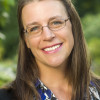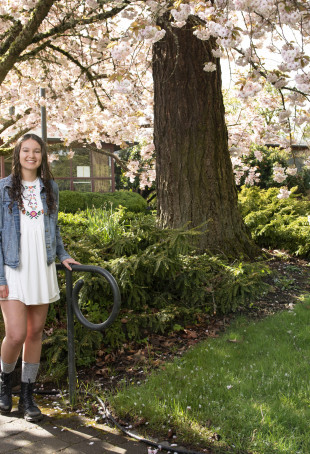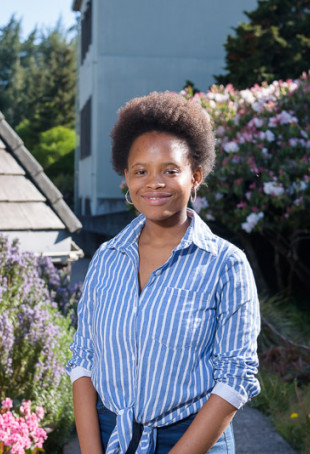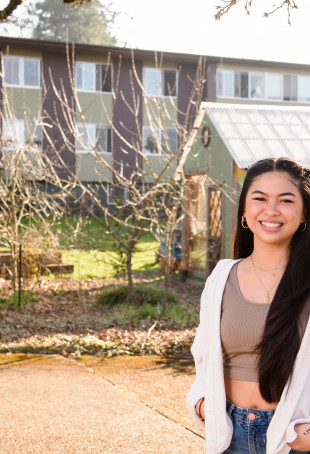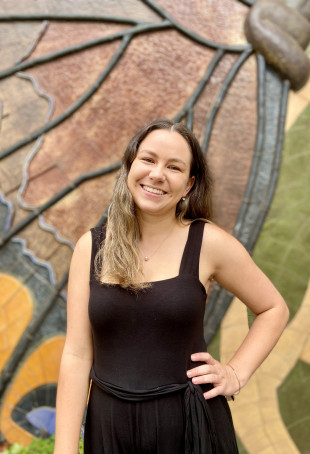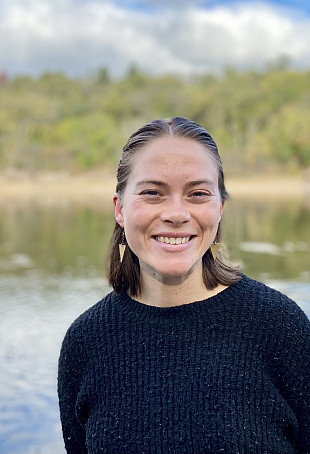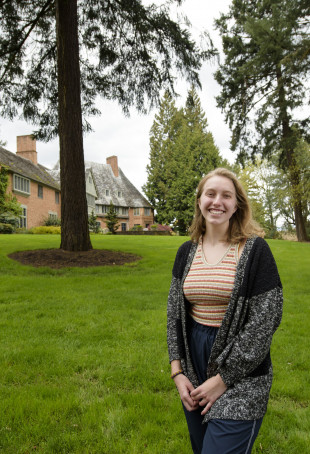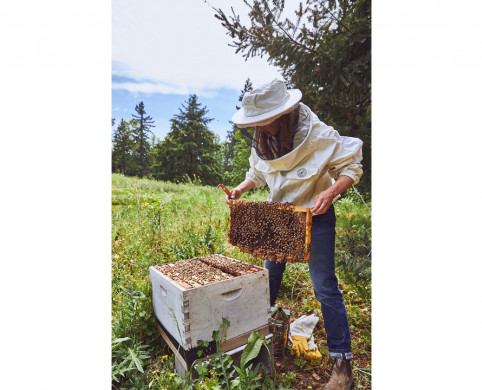- <a href="/live/image/gid/5/width/650/86521_ENVS_main_image.jpg" class="lw_preview_image lw_disable_preview" tabindex="-1"><picture class="lw_image lw_image86521"> <source type="image/jpeg" media="(max-width: 500px)" srcset="/live/image/gid/5/width/500/height/479/crop/1/86521_ENVS_main_image.rev.1607734024.jpg 1x, /live/image/scale/2x/gid/5/width/500/height/479/crop/1/86521_ENVS_main_image.rev.1607734024.jpg 2x, /live/image/scale/3x/gid/5/width/500/height/479/crop/1/86521_ENVS_main_image.rev.1607734024.jpg 3x"/> <source type="image/jpeg" media="(min-width: 501px)" srcset="/live/image/gid/5/width/720/height/690/crop/1/86521_ENVS_main_image.rev.1607734024.jpg 1x, /live/image/scale/2x/gid/5/width/720/height/690/crop/1/86521_ENVS_main_image.rev.1607734024.jpg 2x, /live/image/scale/3x/gid/5/width/720/height/690/crop/1/86521_ENVS_main_image.rev.1607734024.jpg 3x"/> <img src="/live/image/gid/5/width/720/height/690/crop/1/86521_ENVS_main_image.rev.1607734024.jpg" alt="Associate Professor of Geological Science Elizabeth Safran leading a field trip in the Gorge. " width="720" height="690" srcset="/live/image/scale/2x/gid/5/width/720/height/690/crop/1/86521_ENVS_main_image.rev.1607734024.jpg 2x, /live/image/scale/3x/gid/5/width/720/height/690/crop/1/86521_ENVS_main_image.rev.1607734024.jpg 3x" data-max-w="2504" data-max-h="2400" loading="lazy"/> </picture> </a><div class="hero-split_image_caption collapsable-caption"> Associate Professor of Geological Science Elizabeth Safran leading a field trip in the Gorge. </div>
Environmental Studies
When you earn a degree in environmental studies at Lewis & Clark, you will learn the newest concepts in the field and cultivate cutting-edge technical and leadership skills to make a difference in the world. You’ll do all of this while benefiting from our proximity to Portland and the diverse natural environments of the Pacific Northwest.
Why Choose a Degree in Environmental Studies?
Our unique program will challenge you to transcend intellectual, geographic, and communication boundaries as you weave insights drawn from across the sciences and humanities; apply them in local, regional, and global contexts; and learn strategies to connect with the people and institutions you encounter. You will draw a larger—potentially more hopeful—circle around environmental issues. You will graduate with a background in environmental science situated in a broader understanding of cultural, political, and other key dimensions, plus skills and experience you can apply to professional opportunities, graduate study, and effective environmental action.
What You’ll Study
We offer a major and minor. The heart of our interdisciplinary curriculum includes core courses in environmental studies, which help build an intellectually coherent understanding of environmental problems and solutions; breadth courses in the natural sciences, social sciences, and humanities, which provide important discipline-specific tools for environmental analysis; elective courses, which offer opportunities to explore key topics; and a quantitative requirement, which builds skills in data analysis and modeling. In addition, many of our students earn course credit toward their environmental studies degree while on an overseas program. Popular programs for our students are Australia, East Africa, Ecuador, India, Japan, and Senegal.
Outside the classroom, the annual Environment Across Boundaries (ENVX) Symposium is organized by a committee of students with support from faculty and staff. This multiday, interdisciplinary event encourages students to expand their search for new scholarly concepts and skills, transcend geographic boundaries as they explore environmental issues around the world, and engage with people on all sides of these issues, ideally working toward mutual respect and collaborative solutions. The symposium offers the Lewis & Clark community and general public an opportunity to experience this broader approach to studying the environment. Our students also regularly engage in constructive environmental dialogue with people from diverse backgrounds in Portland and across the Pacific Northwest, and develop their own engagement projects to reach out to people connected to environmental issues. Graduating seniors have the opportunity to travel to and present their capstone work at the annual Association for Environmental Studies and Sciences (AESS) national conference. Additionally, many of our students become trip leaders for College Outdoors, taking their peers to spectacularly beautiful sites in the Pacific Northwest. This opportunity provides them with leadership opportunities and professional training for careers in outdoor education.
Complement Your Education With One of These Minors
The most popular minors for our environmental studies majors are data science, Earth system science, and political economy.
What Students Are Saying About Lewis & Clark
- Annabelle Rousseau BA ’23
My favorite and most challenging class has been Emerging Topics in Environmental Law with Adjunct Professor Karen Russell. We dove into the history of environmental law in the U.S., and the landmark cases and pieces of legislation that inform the environmental field today.
Environmental Studies | English | Modesto, CaliforniaMore about Annabelle - Mamelang Memela BA ’20
I really like how many departments in the school incorporate international perspectives in symposiums and other activities on campus.
Environmental Studies and French Studies (double) | Johannesburg, South AfricaMore about Mamelang - Umi Fulgencio BA ’23
The push for sustainability in curriculum is inspiring as each discipline has taken accountability for educating the future stewards of our planet.
Environmental Studies | Entrepreneurship Leadership and Innovation | Līhuʻe, Kaua‘i, Hawai‘iMore about Umi
What Can You Do With a Degree in Environmental Studies?
Our alumni use their BA in environmental studies in a variety of careers in nonprofit organizations, in academia, and at companies and agencies. Many go on to pursue advanced degrees in environmental history, landscape architecture, nuclear engineering, and other fields.
Dedicated Faculty
Our expert professors are your expert mentors. You will learn directly from faculty (no graduate assistants here!) that are nationally recognized in their fields of study and who love to work with and learn from their students. Your professors will inspire you to be a thoughtful and passionate participant in a diverse world. Your small classes will support you as you explore new ideas, find your voice, and speak your truth.
- Top 100
Lewis & Clark is in the top 100 on U.S. News & World Report’s 2023–24 “Best National Liberal Arts Colleges” list.
- Equity
We are the only liberal arts school in Oregon on Colleges of Distinction’s “Best Equity and Inclusion” list for 2023–24.
- 19
Average class size for undergraduate students
- 2,188
As of fall 2022, there are 2,188 degree-seeking students enrolled at Lewis & Clark College.
- 10%
of our undergraduate students are from outside the U.S.
Invest in Yourself
A private liberal arts education is often more affordable than you think. Last year, Lewis & Clark distributed over $74 million in assistance from institutional, federal, state, and private sources. Additionally, we’re so confident that our first-year students will graduate in four years with their bachelor of arts degree that if you don’t, we’ll cover the extra semester of tuition.
Find Your People
Students can join a variety of student-run organizations that relate to their environmental studies degree, like the ENVX: Environment Across Boundaries symposium and Students Engaged in Eco-Defense (SEED). Don’t see what you’re looking for on the club list? Start something new and build your own community of peers!
Where Lewis & Clark Will Take You
- Chrislyn DeMattos BA ’19
Lewis & Clark gave me all the necessary tools to successfully complete graduate school and thrive in my current position.
Environmental StudiesMore about Chrislyn - Maddy Frawley BA ’18
I am now working as a manager of a canoe outfitter and helping educate and prepare people to go on wilderness trips. This job has combined my passions for education, environmental studies, history, and outdoor recreation!
Environmental StudiesMore about Maddy - Skylar Golleher BA ’21
Lewis & Clark gave me a lot of confidence to express my ideas, opinions, and intentions. I think my favorite thing that I learned was the ability to problem solve.
Economics and Environmental Studies (double) | Little Rock, ArkansasMore about Skylar
Environmental Studies Events
ENVS Senior celebration
ENVS fall poster celebration
Featured News
Bates Center Summer Sustainability Internship - application open!
An internship is a great opportunity for students to connect with organizations outside of LC and to build skills, understanding, and experience in translating the liberal arts into a professional role.
